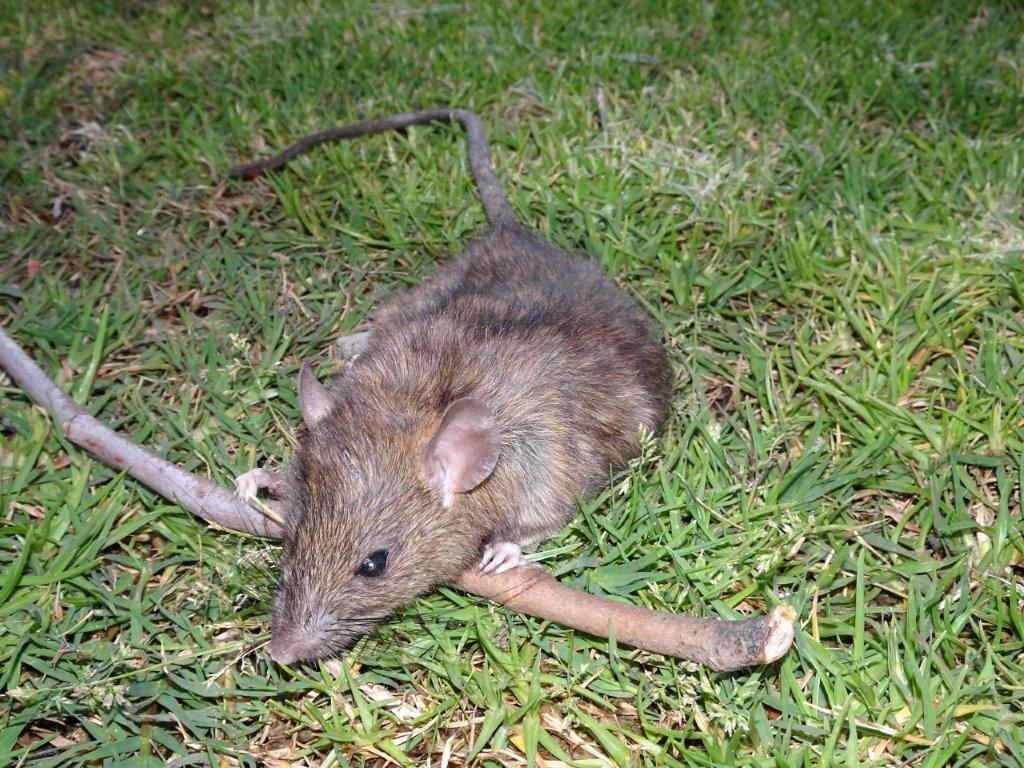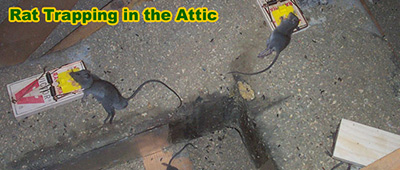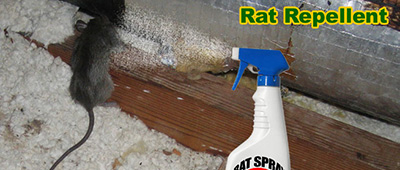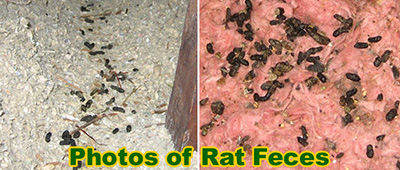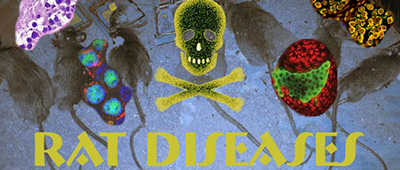Need professional rat help? What does it cost? Go to the home page
Believe it not, the chance of getting rabies from an infected rat is actually pretty rare. Sadly, rabies is the least of your concerns when it comes to these rodents - they are well known for carrying a wide range of infections and dangerous diseases and conditions, some of which could actually kill you, the circumstances being right.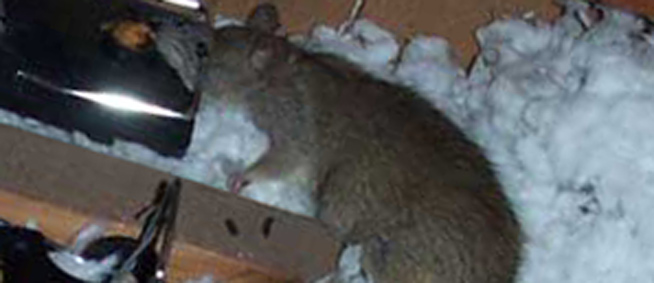
Certain rodents and small mammals however, such as mice, rats, gerbils, guinea pigs, squirrels and hamsters, although CAN carry rabies, actually do not. It is very rare to find these animals with the infection, and even rarer for them to pass the infections and diseases on to humans. Even if they were infected, the chances of that infection being passed on to humans are slim to none.
It's the maggots and flies that you really need to worry about, as well as the disease threats present in the animal's feces. The young rats especially were known to carry a huge number of both of fly eggs on their fur, particularly when the weather got warmer during the summer months. One of the biggest ways for rats to naturally die in the wild is by a wound infestation of maggots - a fly laying its eggs in the wound on the rat. A few rats have even been known to carry bot fly larvae, and I'm sure you've all seen how gross those videos are. They've done the rounds on social media a few times.
The short story about rats is this - they might not carry rabies but they do still carry enough diseases, some of which potentially fatal, to know that having them in your home is a very bad idea. Get them out, keep them out, and make sure you are protecting yourself - you, your home and your family.
Go back to the Rats in the Attic home page.
